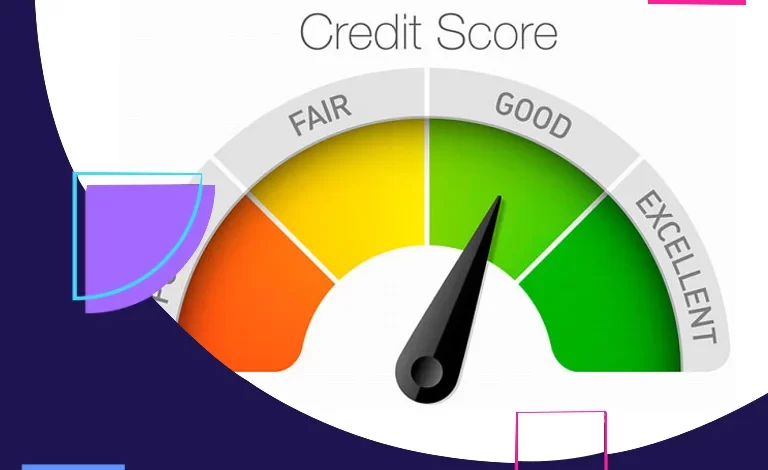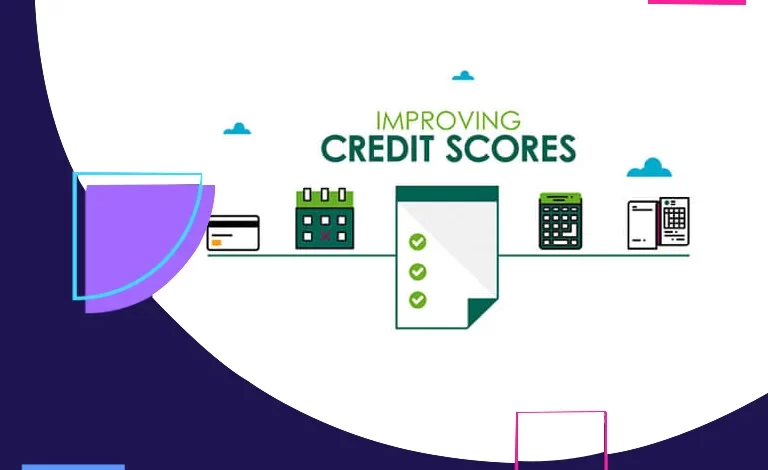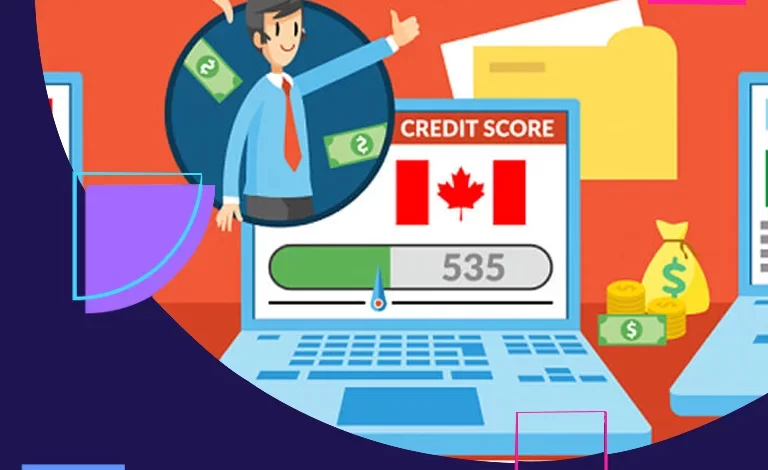
Your credit score is a rating that reflects your personal financial history. It tells how good you are at handling money and debts. So, what credit score is considered ‘bad’ in Canada? Let’s check out.
What is a ‘bad’ credit score?
Your credit score can significantly affect whether a lender or creditor answers “yes” or “no” while assessing your credit request.
A bad credit score means you have a weak or no credit history. It depends on how well you refund borrowed money. Being in debt or paying bills on time leads to a good credit rating. Generally speaking, having bad credit means having a score below the middle value from two major credit reference agencies:
Equifax: 300-559: Poor ● 560-659: Fair ● 660-724: Good ● 725-759: Very good ● 760-900: Excellent
TransUnion: 300-600: Very Poor ● 601-660: Poor ● 661-720: Fair ● 721-780: Good ● 781-850: Very good.
If you ever bought something in finance, you knew your credit score matters for approval. Bad credit can be a barrier to getting approved and cause financial challenges.
Thankfully, recognizing if bad credit affects your financial chances is the initial step to handling money wisely. To increase your chances of approval, below are some reasons why your current score is considered poor.
10 most common causes of a bad credit scores
- Excessive new credit application in short term
- Failure to honour credit agreement
- Credit history of no lending
- Poor credit person is associated with your account
- You’ve reduced your credit limit
- Fraudulent use of identity
- You have closed a credit account
- Neglecting to correct errors on your credit report
- Paying only the minimum amount for each month due
- Court judgments
Excessive new credit application in short term
When applying for credit or a loan, many lenders check your credit report with a hard inquiry, which affects your history. A new credit line temporarily impacts your rating, but regular, timely payments can help it recover. However, opening too many credit accounts in the short term can hinder your score’s recovery.
Failure to honour the credit agreement
One reason for a credit score drop is missing or late payments. To maintain a good score, be stable and reliable, making all required payments before the due date on time. Consistently missing payments can cause credit agencies to classify your score as “very poor” or “poor.”
Credit history of no lending
Many are surprised that having no loan or debt history can lead to bad credit. Lenders need to see if you can make timely repayments, and without a history, they can’t assess your reliability.
A poor credit person is associated with your account.
Having joint accounts has pros and cons. In credit scoring, both partners are “co-scored.” If one has a low credit report score, it affects the other’s history. Good financial behaviour maintains scores, but bad spending can harm both.
You’ve reduced your credit limit.
Reducing your credit limit can harm your score. Consequently, it raises your credit utilization even if your spending doesn’t change. Credit utilization is the amount you owe compared to your limit. Lowering the limit increases the utilization rate. It might be a good choice if you worry about repayment, but it can still lead to a drop in your score.
Fraudulent use of identity
Becoming a fraud victim is distressing and can mistreat your financial future. Identity theft seriously damages your credit, which is complicated to refit. Be aware of your transactions closely. Check your credit report periodically to catch any unusual activity. Even with secure online banking, fraud can happen.
You have closed a credit account.
If your score dropped surprisingly, closing a credit account could be the reason. Cancelling a credit card raises credit utilization and reduces available credit. Closing an old account can limit credit use. However, be cautious in the process. Keeping well-managed, long-held credit accounts can improve your score with some lenders, as it shows a reliability history. Before closing an account, ensure you’ve paid off any balances to avoid missed payments and further hurt your credit score.
Neglecting to correct errors on your credit report
It’s common to have mistaken on your credit report. Inaccuracies harm your score, like having a different address in your report than your registered voting address. Your credit report dramatically affects your credit score and borrowing capability. Ensure it is faultless and a freshly update. It’s worth checking and correcting any inaccuracies.
Paying only the minimum amount for each month due
Paying only the minimum on your credit card is tempting but increases interest costs. In consequence, it may cause lower credit scores.
Court judgments
When court judgments are against you, they become visible on your credit report, signalling a higher risk to your credit score. These judgments stay on your file for five years.
What’s next?
If your credit score needs to be in better numbers, remember to take the steps mentioned above and gradually improve it. Fortunately, PaydayMart offers instant-approved bad credit loans that allow you to get funds without restrictions. It’s worth applying because you can repay your bills on time, which leads to attaining a good credit score and can get more financial benefits.











